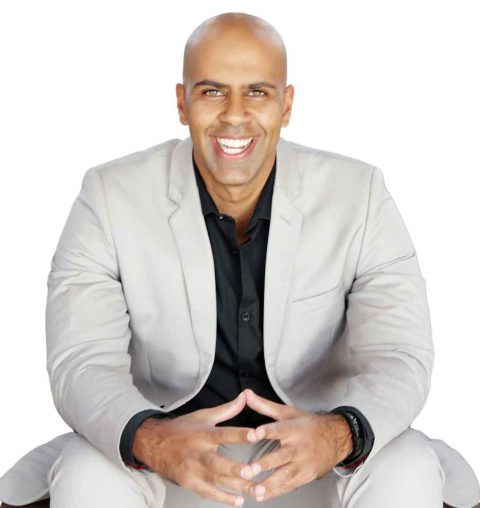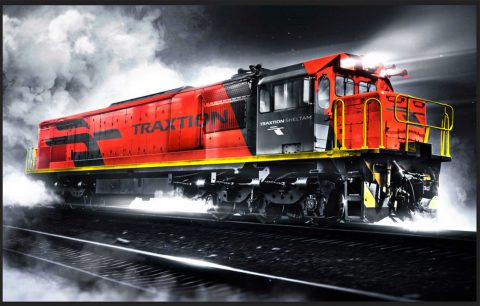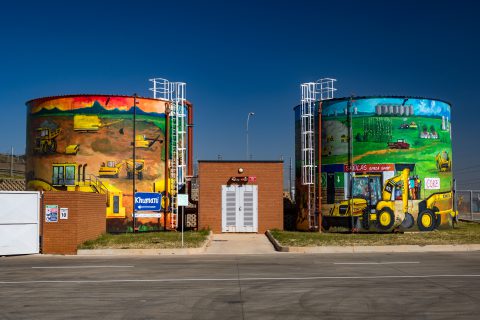Sunday Times Franchising
The Bigger Picture
A quick review of South Africa’s franchising industry provides enough to be hopeful about the potential of South Africa’s economy. Recent data from the Franchise Association of South Africa’s 2018 report reveals that franchising contributes 15.7 per cent to South Africa’s gross domestic product (GDP), making the industry a critical driver of the economy.
In 2018, the total turnover for the franchising sector was R720-billion, with no sign of declining in 2019. Furthermore, the South African franchising sector is in the top 10 in the world projected to have significant growth until 2050. The South African government has recognised franchising as an effective business model, especially for small-, micro- and medium-sized enterprises. The franchising business model could also help address unemployment and realise black economic empowerment objectives.
Still Top Of The Pops
According to the same report, fast food and restaurants comprise the largest franchise sector in South Africa, making up a quarter of the entire picture. After that, retail businesses, such as convenience stores, business-to-business supplies, home, and maintenance and office building services are close contenders.
The Golden Child

Business consultant Jamal Sahib says the franchising sector bolsters the South African economy. “If one looks at the typical franchise store, it can easily employ 30 people,” explains Sahib. “Multiply that by 300 stores nationwide and suddenly there are 9 000 jobs just at a store level. That is not even factoring in the head office of the franchisor and the entire supply chain that is required to make the system operate smoothly. Fundamentally, franchising creates employment downstream and has a massive impact on the lifeblood of the country.”
Sahib notes that a franchise has the systems and processes in place that significantly increase the probability of success for a business. “This is in stark contrast to someone who opens a ‘mom-and-pop’ store and does not have similar resources at their disposal,” he says. “Yes, the capital outlay between starting a franchise or an independent store differs significantly. But it must be remembered that the entrepreneur is buying more than just a franchise; they are buying a brand and access to a system that has been tried and tested over many years.”
A franchise also enables the owner to run the business without having to be there every day. The systems and processes are in place to allow the business owner to be able to work on the business rather than in the business.
On The Downside…
With many wondering whether Moody’s — the last of the three ratings agencies to keep the country just above junk status — will send us there eventually, there’s no denying that we’re in trouble. “The decreasing rand value will influence the product and service offering, especially if items need to be imported or exported,” says Sasha Lee Bod, franchise consultant at Franchising Plus. “Price strategies will need to be investigated. Expenses are accumulating and affordability of adequate staff might become a big issue at franchisee level.”
Resilience And Adaptability
Alan Hockey, operations director of Corner Bakery, says that while the South African economy is under tremendous strain, the franchising industry has responded with leaner and more cost-efficient models. The industry has embraced lower fees, reduced start-up costs and negotiated reasonable rental agreements. Resilient franchise owners can explore less expensive locations, or operate out of stand-alone kiosks, or within a convenience store or petrol station.
“There’s no doubt that the South African economy as a whole is under major pressure, but franchising remains buoyant, with a 90 per cent success rate compared to the 10 per cent success rate of an independent business,” adds Hockey.





